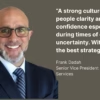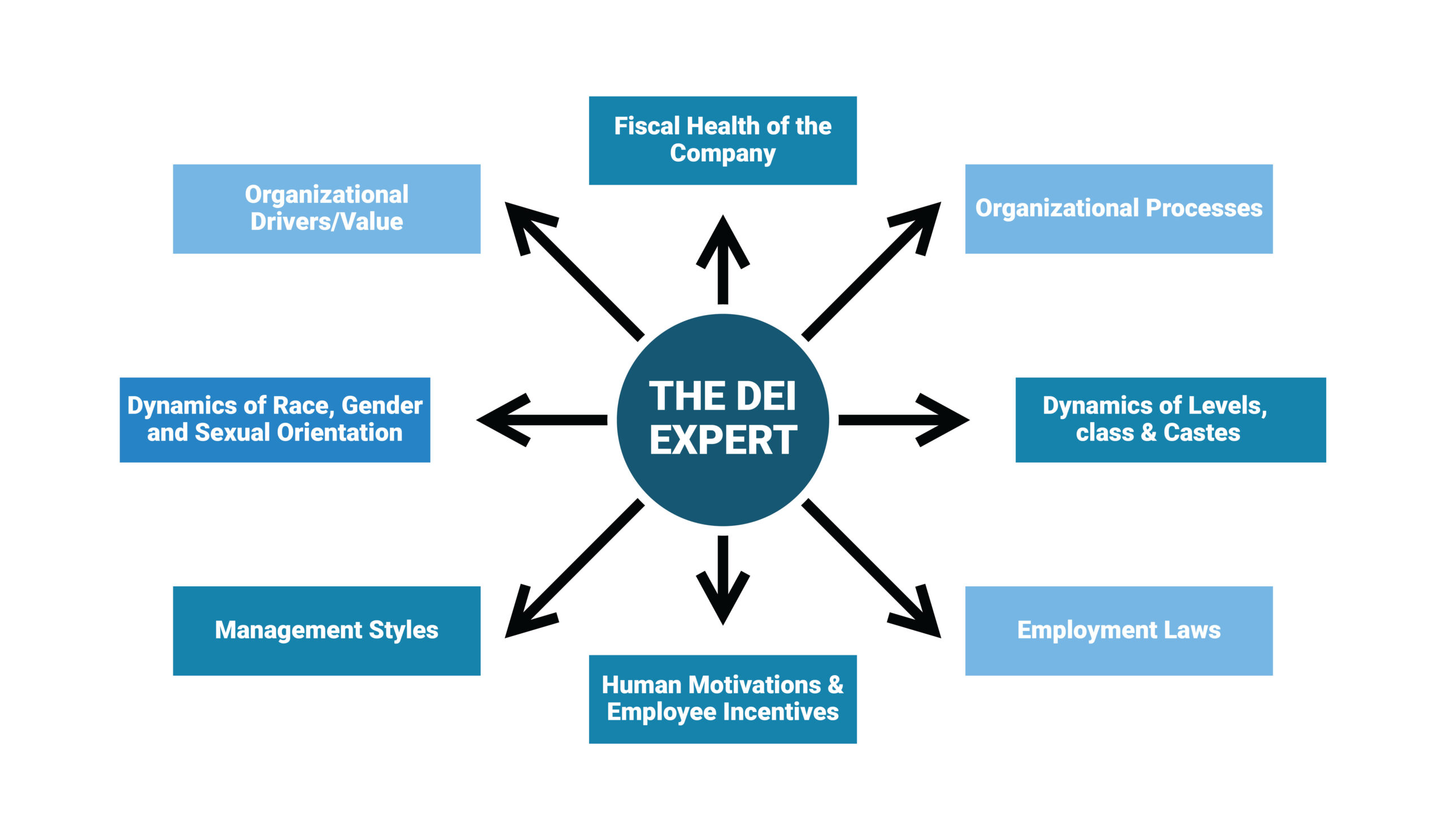
By Riley McDonough, Executive Coach
The great leadership development guru Warren Bennis once said that “leadership is the capacity to translate vision into reality”. He went on further to say “it is the job of the leader to develop a vision, establish what matters and why, and set the direction and inspire”.
It’s hard to argue with the logic and brilliance of that statement, which he made over 20 years ago, but just how do business leaders today find the time and space to develop a vision for the future for their organizations while operating in a world with an infinite number of unpredictable distractions, and demands for attention?
It wasn’t that long ago that the metaphor “past is prologue” was a useful point of reference for strategic planning purposes, but no longer. In fact, there are many who say that no amount of looking to the past for advice will be sufficient, and everything going forward must be based on retaining what little of the past is worth saving and moving with urgency to create new models for sustainable growth.
The bottom line is that strategic leaders, those who are capable of leading transformation, need to learn faster and better, while at the same time building a capacity for slow, deliberate, reflective thinking that enables them to move away from the chaos of the moment and think wisely about the future.
“If I had an hour to solve a problem and my life depended on it, I would spend the first 55 minutes determining the proper question to ask, for once I know the proper question I could solve the problem in less than five minutes”.
Albert Einstein
It’s well known that Warren Buffett reads for six hours every day and has very few scheduled meetings. In fact, Buffett is famously quoted as saying “I am not a businessman, I am an artist”, which is a clear acknowledgment that his genius stems not merely from his extraordinary cognitive skills for analyzing data, but very much like an artist, he takes the time to envision what the future will look like before all the evidence is in.
Jeff Weiner, CEO at LinkedIn, sets aside a minimum of 90 minutes every day for unstructured, critical thinking, and considers it to be his single most valuable productivity tool. Bill Gates, going all the way back to the 1980’s during the height of Microsoft’s most intense time of expansion, actually created time and space for two “think weeks” a year to do nothing but read articles and books, study technology, and think about the bigger picture.
When Microsoft’s current CEO Satya Nadella was asked in a recent interview with Harvard Business Review what he learned from his two plus decades of working with Gates, he said it was the importance of setting aside time every day just to think.
Peter Drucker once wrote “Follow effective action with quiet reflection. From quiet reflection will come even more effective action”
Among the many powerful benefits of making reflective thinking a daily habit, here are a few that stand out:
- Improvement in Critical thinking – Critical thinking helps to identify and explore vital questions and problems, clarify the “what” and “why” behind every proposition, and formulate clear and precise decisions. The speed of business today requires that leaders get comfortable operating in an uncertain environment and realize potential opportunities where others may not.
- Enhancing Pattern Recognition – Considered to be an essential leadership skill and core fundamental of strategic planning and decision making. Pattern recognition is the ability to match near term events with long term memory, and it is the one cognitive skill that differentiates outstanding from average
- Stress reduction that leads to better decision making – Science tells us that making decisions that require weighing pros and cons of two choices is dramatically affected by the many stresses of our environment, and for business leaders in particular that requires tremendous mental fitness and agility. Just like a professional athlete who needs to perform at optimum level and then set aside time to reflect and recover, the same is true for senior
If reflection isn’t something you feel you do enough, here are two suggestions to get you started.
Start a leadership journal. Most of us live chaotic and stressful lives, but rarely take time to step back and listen to our thoughts. If we want to gain access to our own insight we need to commit to reflecting on a daily basis and writing regularly in a private journal is the best way to get that started. One of the biggest benefits of keeping a journal is expanding your self-awareness.
Write whatever comes to mind, there is no prescribed formula or recommended outline for reflecting your personal thoughts. Good trigger questions to ask yourself are describe how you’re feeling at the moment, how you feel about your leadership style, what have you learned over the last day, week, month, that is noteworthy, and quotes and sayings that inspired you. Remember, this is about you and your unique perspective.
My recommendation is to buy a quality journal you’ll look forward to opening (this is an excellent one-here), and commit to reflecting for 15 minutes a day, or whatever time you have available. Remember, it’s not the amount of time that matters, but the consistency is what counts.
Hire an Executive Coach. As Martin Reeves and Roselinde Torres from Boston Consulting Group suggested in their excellent HBR article titled “How to regain the Lost Art of Reflection”, the Socratic Method remains the most effective way to stimulate reflection. Leaders will benefit from structured dialogue with an executive coach who as trusted partner can prompt the client with questions, observations, and challenges, and provide insights and best practices in leadership effectiveness, self-awareness, and managing pressure and stress.
An executive coach can bring tremendous value in helping to facilitate the exploration of ideas, make reflection more productive through thoughtful input, and help build sustainable reflective habits and capabilities.
About MCG Partners
MCG Partners a woman-owned, Greater Boston-based consultancy specializing in executive coaching, leadership development, talent management, and organizational development solutions. We help businesses optimize success through the entire management life-cycle. MCG Partners is also a Predictive Index® (PI®) certified partner.
To learn more about MCG Partners’ services or The Predictive Index®, contact John Griffith at john.griffith@mcgpartners.com or visit mcgpartners.com.








